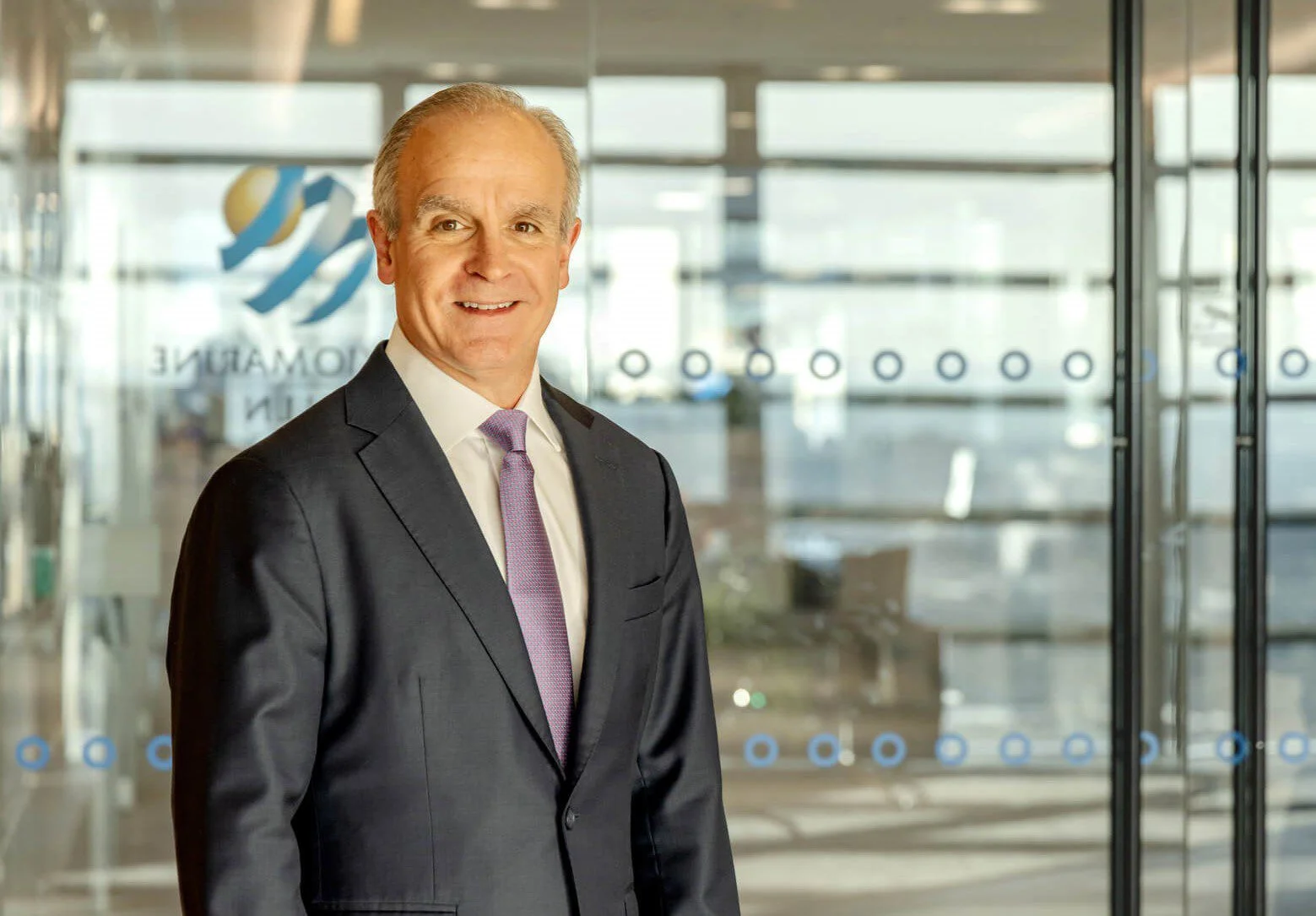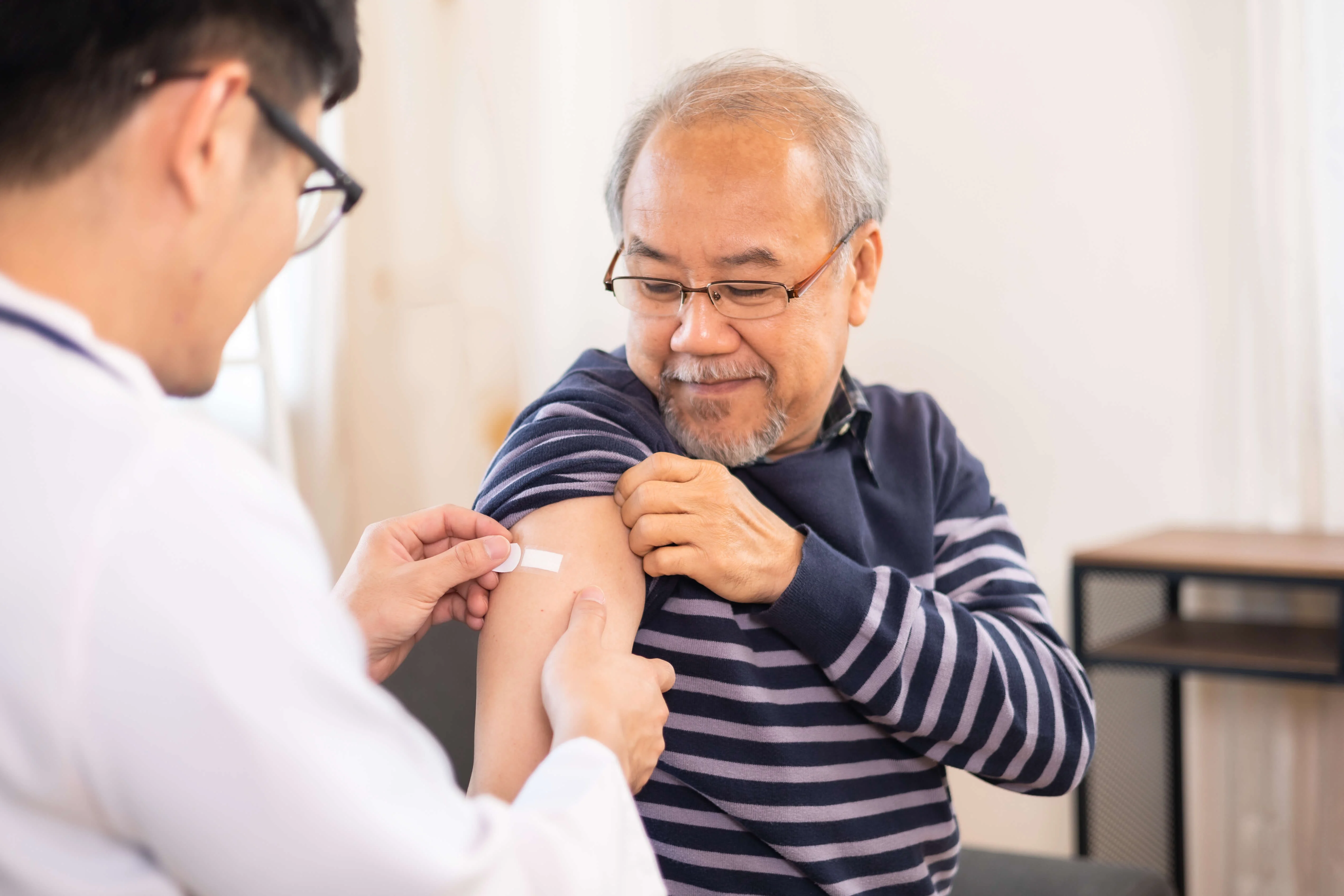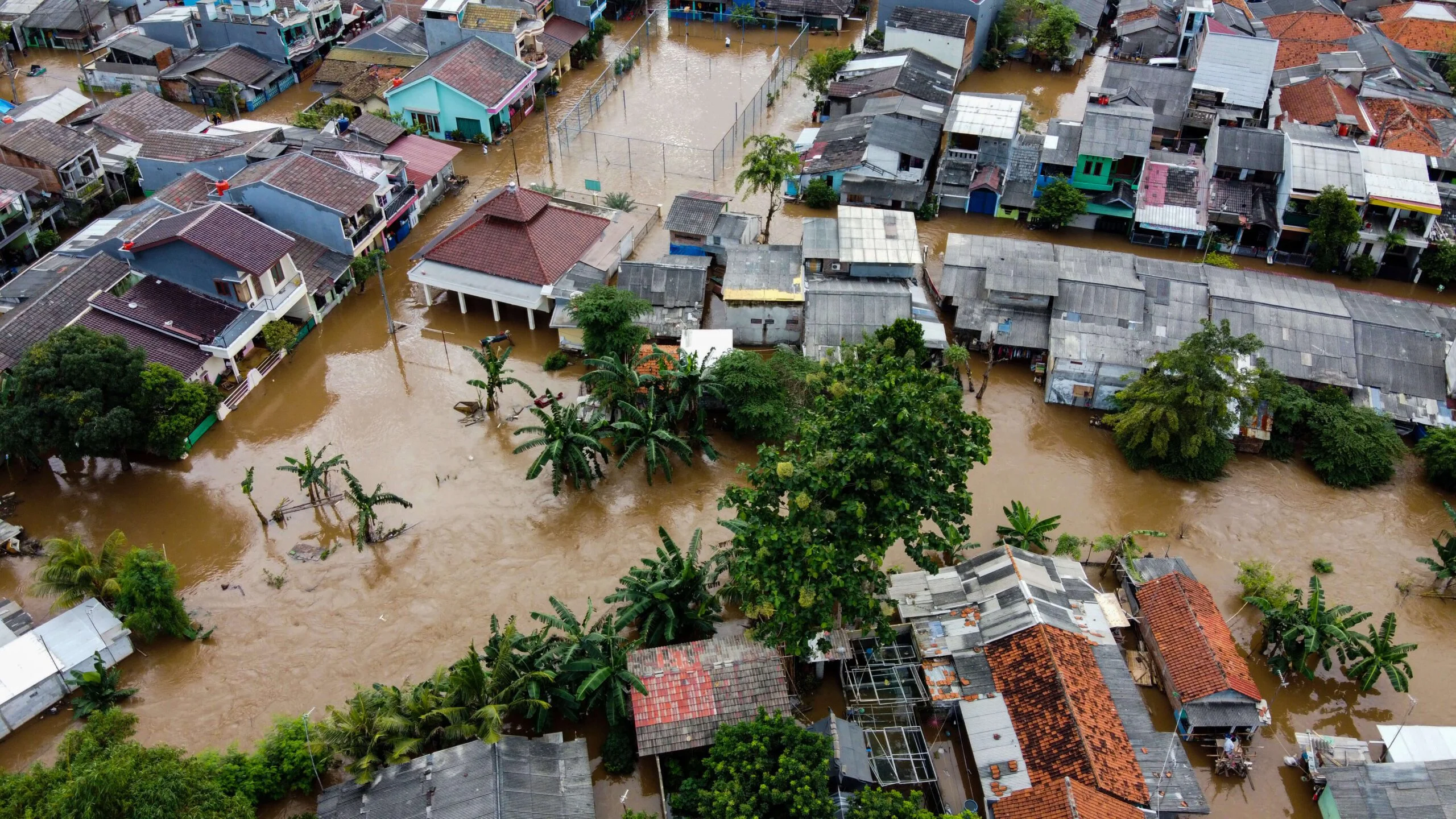Ours are “uncertain times”, says Satoru Komiya, president and chief executive of Tokio Marine Group, in the global insurance group’s latest annual report. “Geopolitical and geo-economic risks are ever-increasing,” and phenomena including natural disasters, an energy crisis and supply-chain disruptions are delivering “a cascade of global consequences”. [1]
Brad Irick, chief executive of Tokio Marine Kiln (TMK), a London-based member company of the Tokio Marine Group that runs Lloyd’s syndicates to insure against complex and unusual risks, says insurers like TMK need to anticipate and manage risk adeptly to help protect customers against threats in the long term and give them confidence to progress: “The most important thing we can do is support our clients to advance, and be there when they need us.”

Brad Irick, chief executive, Tokio Marine Kiln
Underwriting innovation
Having become chief executive in January 2020, Mr Irick found the covid-19 crisis a defining feature of his tenure so far. As the world changed, his business insured clients who rapidly adapted, from motorsports manufacturers who switched to making ventilators to alcohol distillers who turned to making hand sanitiser. TMK also joined a global insurance initiative to enable the distribution of a covid-19 vaccine. The pandemic, and the cascade of consequences Mr Komiya cites, have highlighted risk and the need for resilience among organisations, cities and wider society.
Insurance plays a crucial role in delivering that resilience by enabling innovation with new technologies, Mr Irick explains. For example, through its intellectual property (IP) coverage TMK insures a business that has patented a groundbreaking technology to keep vaccines cool without the need for power. TMK is also providing cyber-insurance to a company that is improving patient diagnostics through artificial intelligence, and is supporting the next generation of space travel.


TMK this year launched an insurance product for life-sciences businesses, giving them cyber and IP protections alongside coverage for risks such as those associated with clinical trials. One of its aims is to help advance the development of new technologies and services in the femhealth and femtech industries, which are growing and innovative parts of the wider life-sciences sector.
Mr Irick says IP is increasingly necessary. And “knowing you have security behind new ideas gives clients confidence to progress.” That applies, too, to the green-energy transition, which entire industries are being created to support. Cleaner generation facilities will need property insurance, along with coverage for employees and for new risks related to emerging energy sources such as hydrogen.
Some of those technologies will eventually present risks that insurers will need to find new ways to cover. But that’s “one of the things I think is beautiful about the Lloyd’s market”, says Mr Irick. “Its history of innovation and its make-up is around syndication of complex risks, which allows customers to take on new risks safely.”

Knowing you have security behind new ideas gives clients confidence to progress.
A resilient industry for a resilient society
Over the past century, Lloyd’s of London has seen multiple syndicates and “names“ face unsustainable losses from underestimated risks. But today, data and analytics have built resilience in the insurance market itself.
“Advancements in technology and modelling in the last 10 to 20 years have protected companies in a way they weren’t in the past,” says Mr Irick. Harnessing that technology “is the real skill in being around for the long term, protecting your shareholders and continuing to serve customers.”
London is known for its ecosystem of innovative underwriting and insurance experts supported by entrepreneurs and service providers that can surmount industry challenges with technology. The Lloyd’s Lab, which TMK has actively supported since its inception in 2018, runs a ten-week insurtech accelerator programme whose upcoming cohort of startups will focus on themes including data, models and processes, Asia-Pacific climate risk, and cyber-threats. Startups pitch their solutions in a format similar to a TV panel show where entrepreneurs seek investment. Winners are then mentored to bring tangible products to the insurance market that risk managers can use to solve problems for business and society.

A resilient industry for a resilient society
TMK fosters this ecosystem as a leader of the Lloyd’s Product Launchpad programme, where underwriters can safely experiment with new ideas so that innovative products, insuring new risks—such as those associated with cryptocurrencies, cloud computing and even in-vitro fertilisation (IVF)—can be brought to market.
“Of course we want to make some profits along the way,” says Mr Irick. And a sustainable, profitable insurance business also benefits society. “Everybody wins—insurance enables investment to happen and bring some good to the world. We want to be there, doing that, for a long time.”
Insurance enables investment to happen and bring some good to the world. We want to be there, doing that, for a long time.
[1] Tokio Marine Holdings, “2022 Integrated Annual Report”, p.3.














